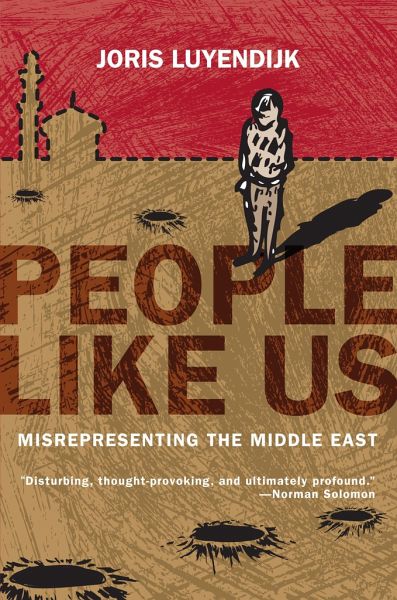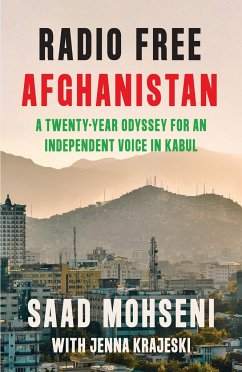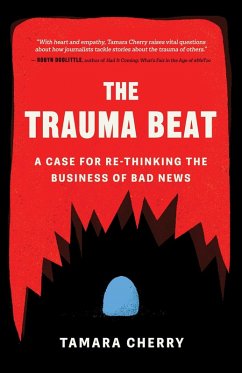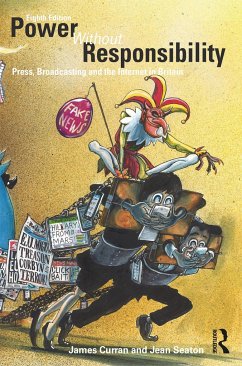
People Like Us
Misrepresenting the Middle East

PAYBACK Punkte
11 °P sammeln!
In "People Like Us," which became a bestseller in Holland, Joris Luyendijk tells the story of his five years as a correspondent in the Middle East. Extremely young for a correspondent but fluent in Arabic, he spoke with stone throwers and terrorists, taxi drivers and professors, victims and aggressors, and all of their families. He chronicles first-hand experiences of dictatorship, occupation, terror, and war. His stories cast light on a number of major crises, from the Iraq War to the Israeli-Palestinian conflict, along with less-reported issues such as underage orphan trash-collectors in Ca...
In "People Like Us," which became a bestseller in Holland, Joris Luyendijk tells the story of his five years as a correspondent in the Middle East. Extremely young for a correspondent but fluent in Arabic, he spoke with stone throwers and terrorists, taxi drivers and professors, victims and aggressors, and all of their families. He chronicles first-hand experiences of dictatorship, occupation, terror, and war. His stories cast light on a number of major crises, from the Iraq War to the Israeli-Palestinian conflict, along with less-reported issues such as underage orphan trash-collectors in Cairo. The more he witnessed, the less he understood, and he became increasingly aware of the yawning gap between what he saw on the ground and what was later reported in the media. As a correspondent, he was privy to a multitude of narratives with conflicting implications, and he saw over and over again that the media favored the stories that would be sure to confirm the popularly held, oversimplified beliefs of westerners. In "People Like Us," Luyendijk deploys powerful examples, leavened with humor, to demonstrate the ways in which the media gives us a filtered, altered, and manipulated image of reality in the Middle East.
Dieser Artikel kann nur an eine deutsche Lieferadresse ausgeliefert werden.













